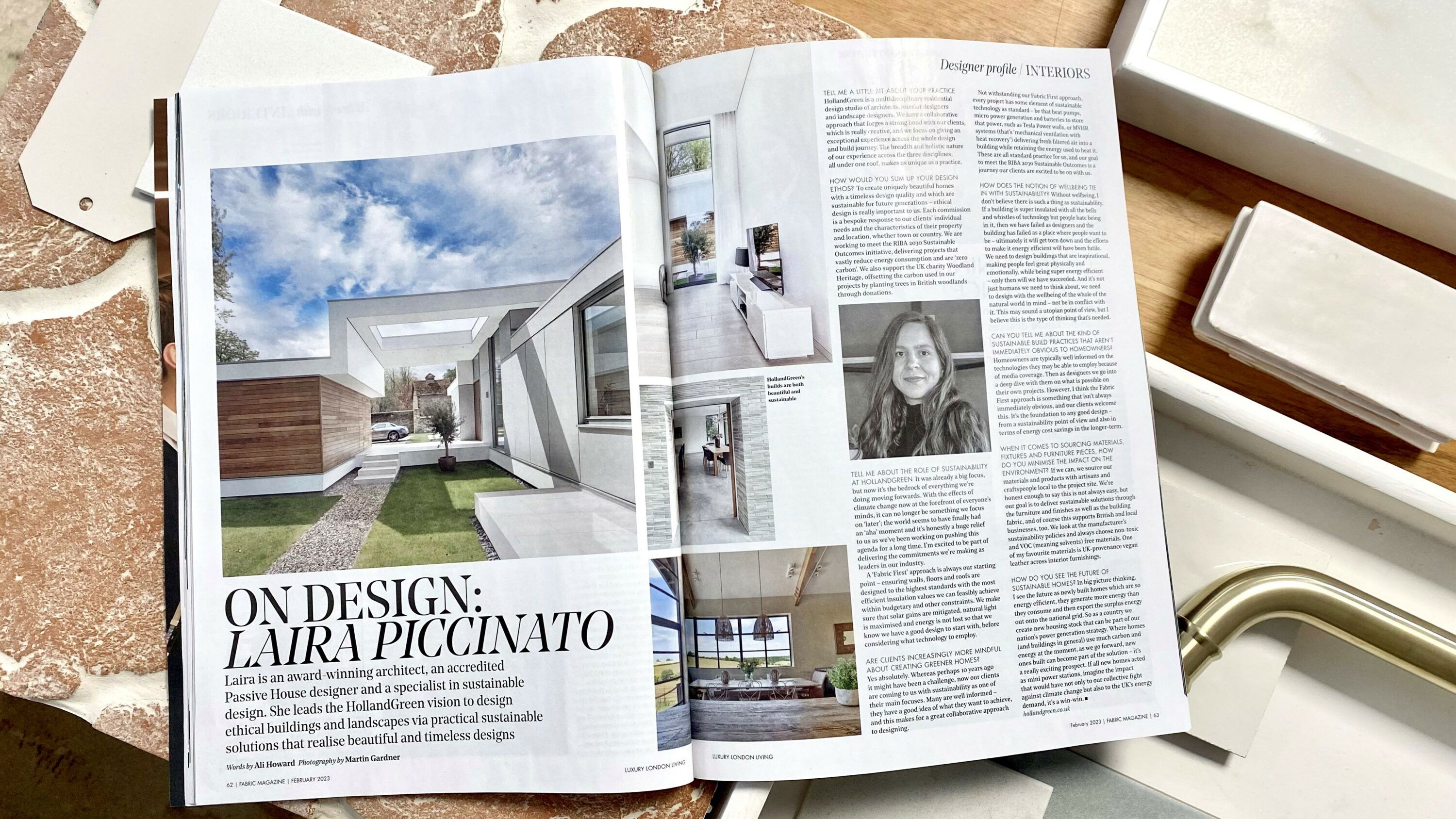
From Pencil to Property: HG Interiors featured with Fabric Magazine
At HollandGreen Interiors, we have a combination of architects, interior designers and landscape designers. Our approach is underpinned by one holistic vision that brings together every aspect of the home, creating links between the interior style, architecture and garden. In this interview with Fabric, Associate Director of Interior Design & Architecture Christopher Cooke hones in on the Practice’s approach when developing a commission, as well as what clients can expect in the early stages of a project.
Watch: An Introduction to HollandGreen Interiors.
Q. How do you like to start a commission and begin to get to know your clients and their objectives?
Interior design is a very personalised service, we spend time getting to know our clients and finding the best way of working together as of course everyone is different. Because we become so involved in people’s lives, sometimes for long periods of time, our clients are often surprised how enjoyable they find the process and how much they learn about themselves. We sometimes say we are like therapists – listening, providing support, creating solutions which are functional, sustainable and beautiful. Etiquette is really important at each meeting, we work with clients not just in the UK but from South East Asia, Russia and the Middle East to mention a few, and we understand a host of cultural backgrounds. These are skills our close-knit team of Interior Designers have developed over many years of working in the industry with clients from all corners of the globe. The start of a project is always exciting for our clients – and a great privilege for us as designers.
Q. What are the key questions you ask your clients to understand their aspirations and begin to develop the brief?
I like to learn about clients’ lives at a forensic level, so many of them are well travelled, intellectual people who all have a story but very little time. Some designers use art as the inspiration for a room whereas I like to use my client for that inspiration. We gather insight by asking questions to find out what are the main daily rituals, what are the frustrations and what are the enjoyable moments within a home. Of course we love designing beautiful spaces and are influenced by many cultural and artistic avenues but it’s meaningless unless it is functional and practical. Some requests can be bold, but we tailor them accordingly to get the most into the brief.
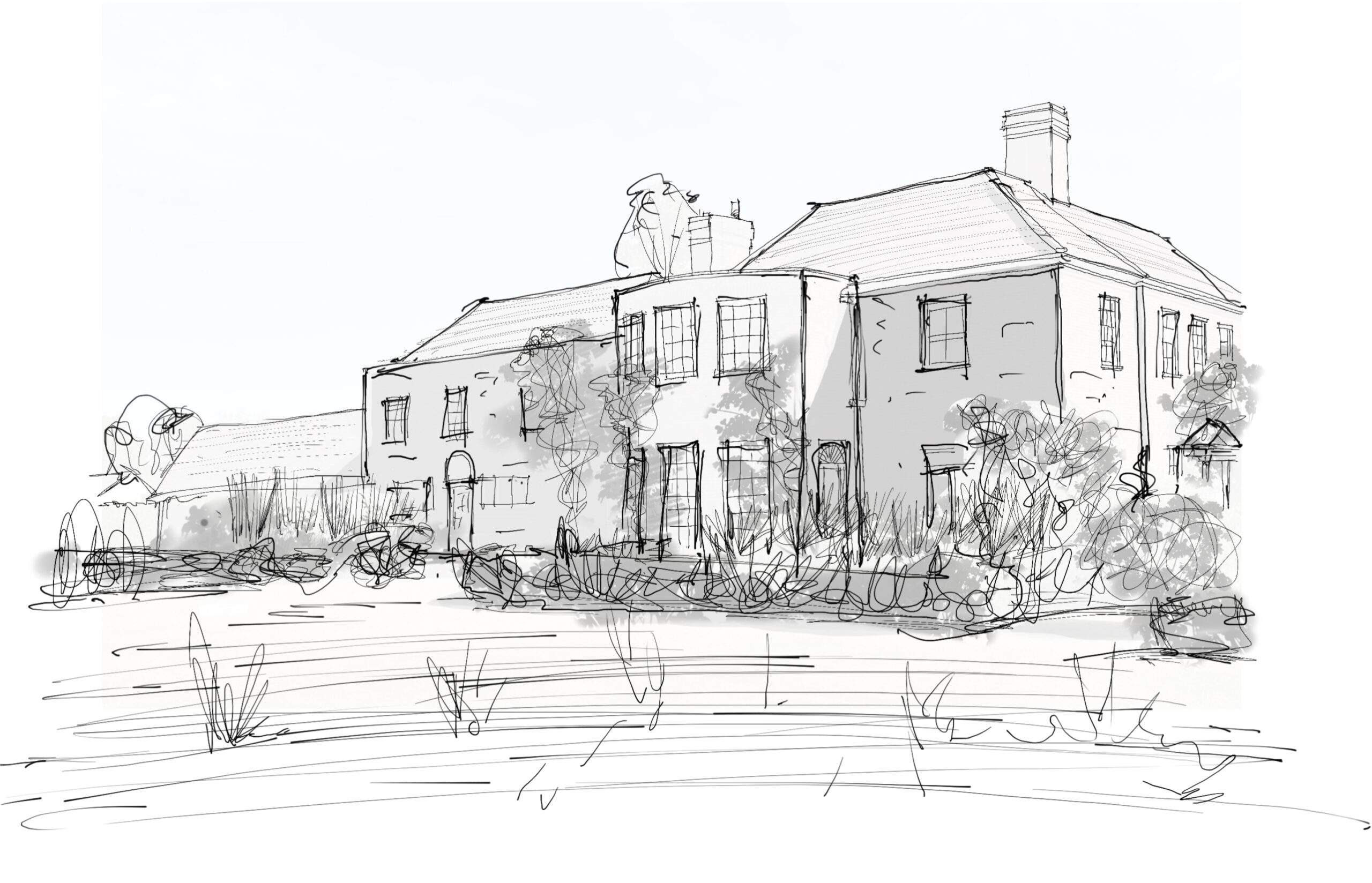
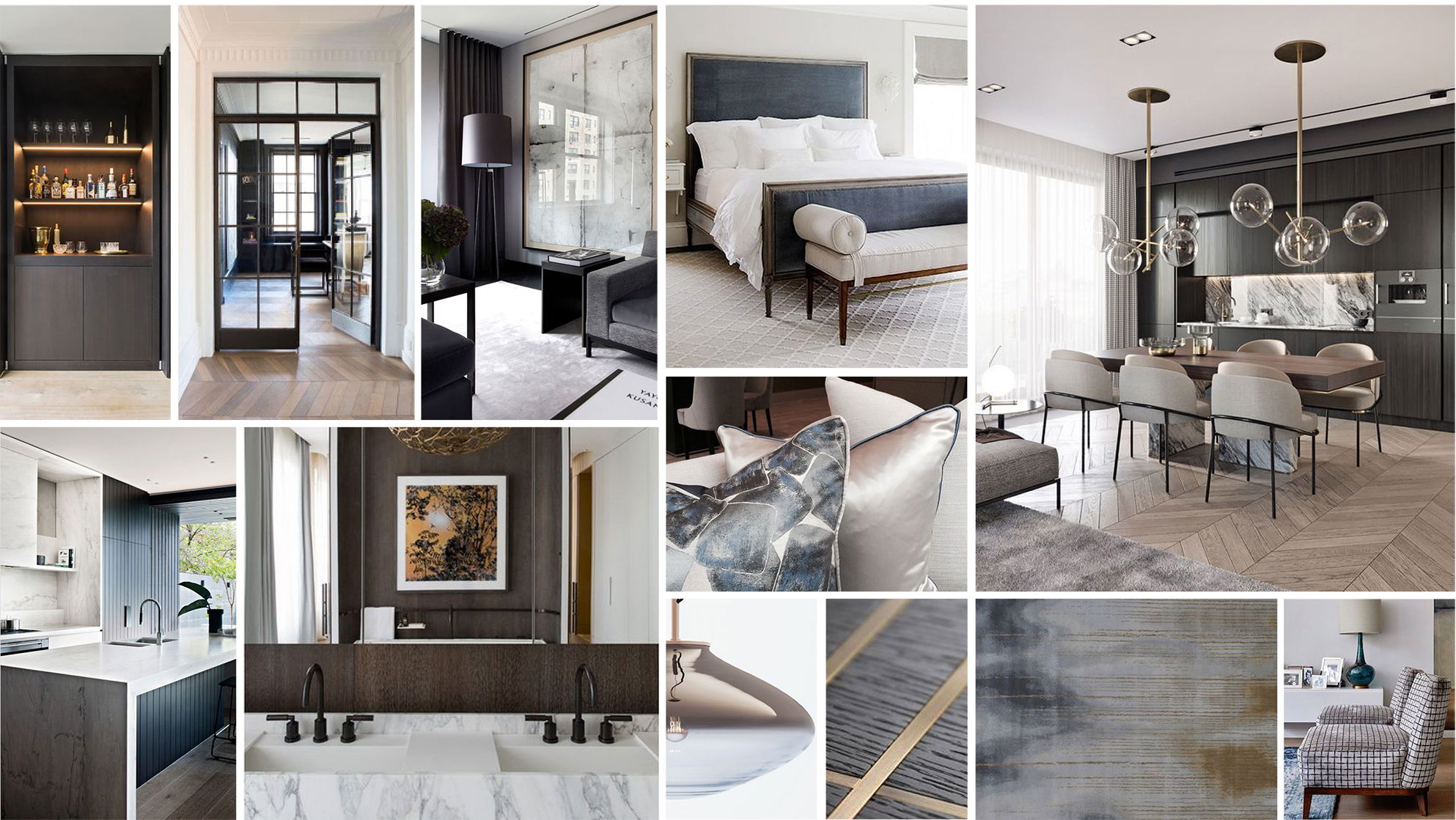
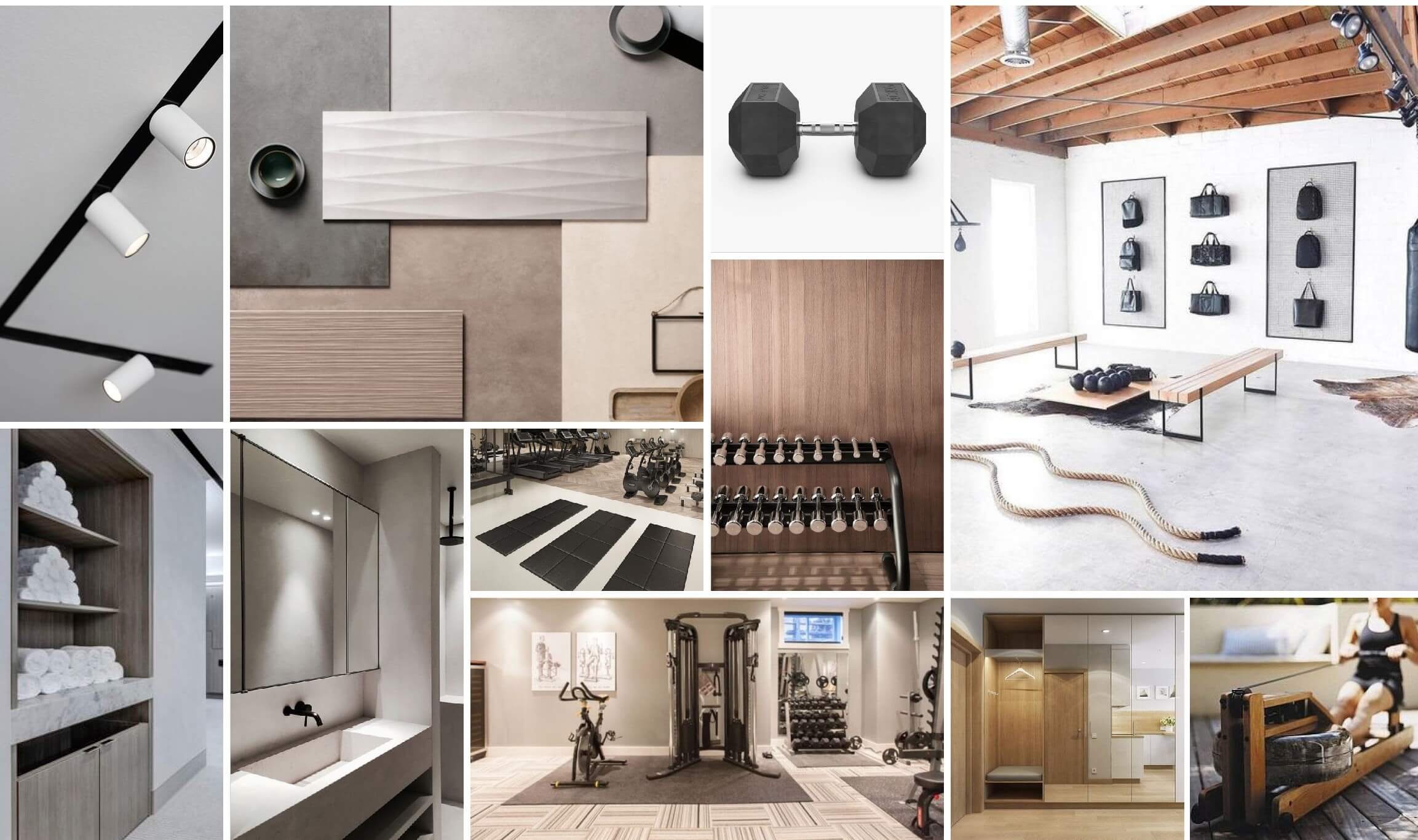
Q. How do you create trust between your clients and you as a designer?
Being honest from the beginning, asking our clients to present themselves in their true colours, and us ours. Openness is vital, it becomes a very rewarding relationship and much is discovered along the way. And budget – nothing is possible without this, it’s a key part of the realisation of any project. Very early on in the design process we identify a budget to ensure our clients really can achieve what they want to and this helps build trust.
Q. How do you develop the brief, and how do you play this back to your clients?
As designers we are always looking with fresh eyes to bring new details to each project. There are so many interior designers all competing for the “next new idea” but I actually believe that the devil is in the detail. So we evolve the brief and build it into something original, finding ideas from new designs but adding our clients’ own unique and personal identity to it.
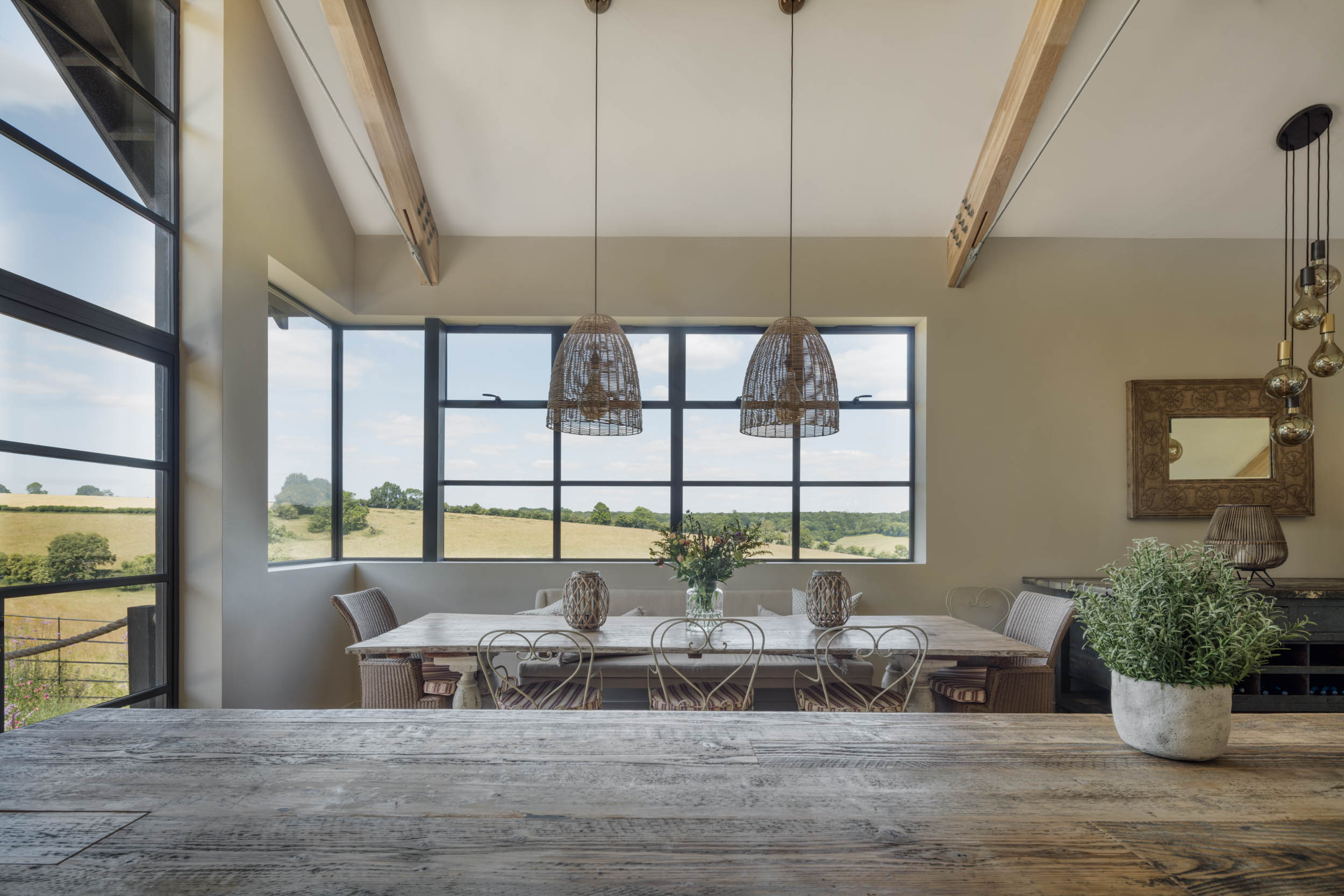
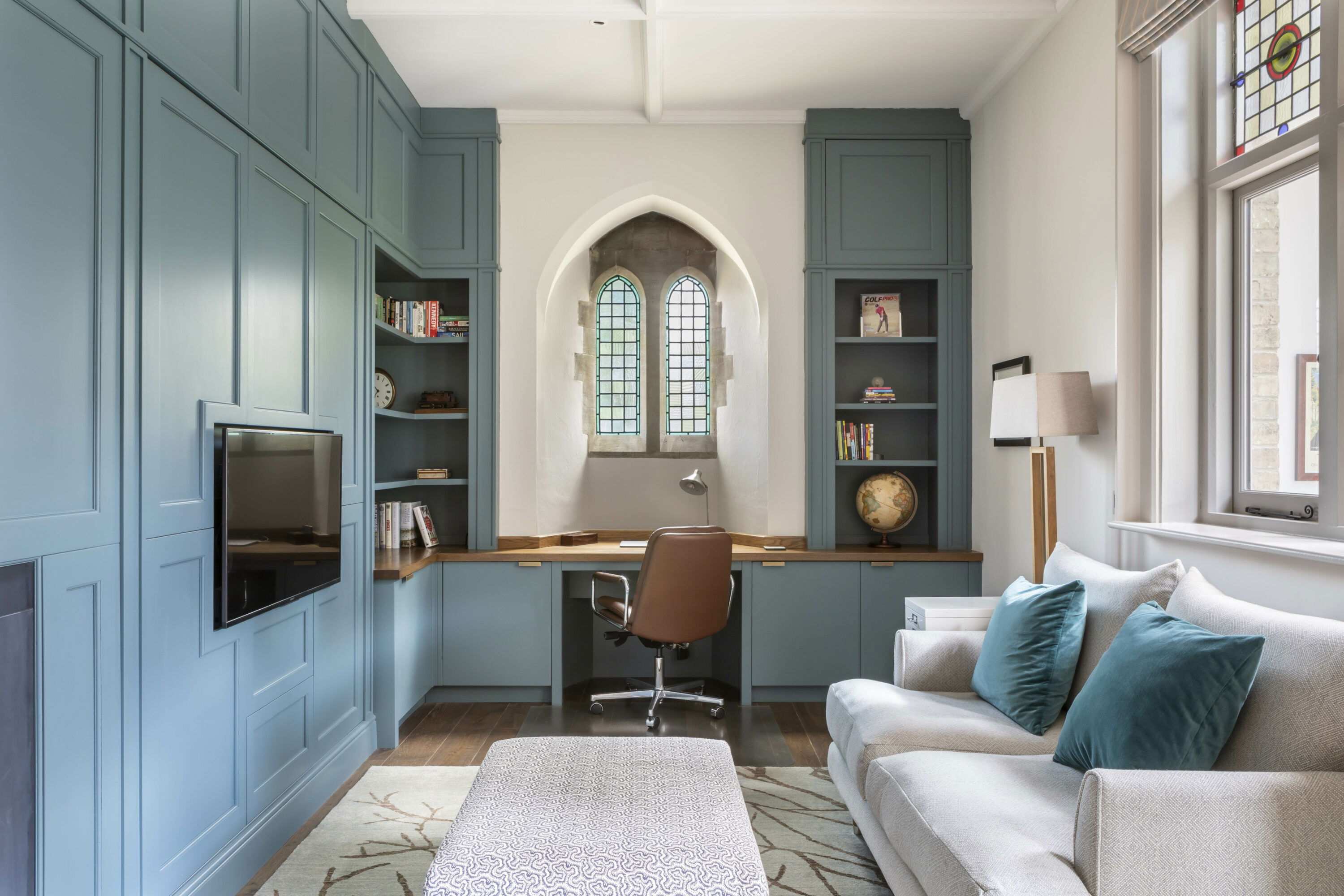
Q. How do you like to collaborate with your clients in the early design stages?
Face to face meetings, and lots of them. Whilst we are blessed with working online, nothing beats meeting a client in person – it means they stay fully engaged on how we curate a room, or home, it’s great for collaboration. For our international clients, we use online platforms to great effect and we present our designs in virtual reality – from 3D models to mood boards – it’s pretty amazing what can be achieved in real time now. I also love taking clients on window shopping trips early on for inspiration – London and also artisans and antique dealers in the Cotswolds looking at different materials, fabrics, tiles and lighting. It’s part of the continual learning process of discovery and wonderful to hone the design vision as ideas spark and ideas start coming together.
Q. How do you use sketching, mood boards and precedent images in the early design stages?
I am a little old-fashioned, everything I do at the early design stage is by hand. It’s a great medium to show the design thinking, drawing a sketch room or detail to illustrate an idea. I am an advocate for this as it’s an art the industry is beginning to lose to technology. All our interior designers love to sketch, even sitting side-by-side with clients listening to feedback and suggesting solutions – it’s one of the best parts of the design journey. Afterwards we convey the vision into digital drawings and 3D as the detailed designs take shape. We find some projects can be shown to clients simply through concept imagery, others need something more to understand the space. Whichever medium we use that suits our client, investing the time and focus in the early design stages, getting to know them, it’s a wonderful time and always pays off in the ultimate success of the project.
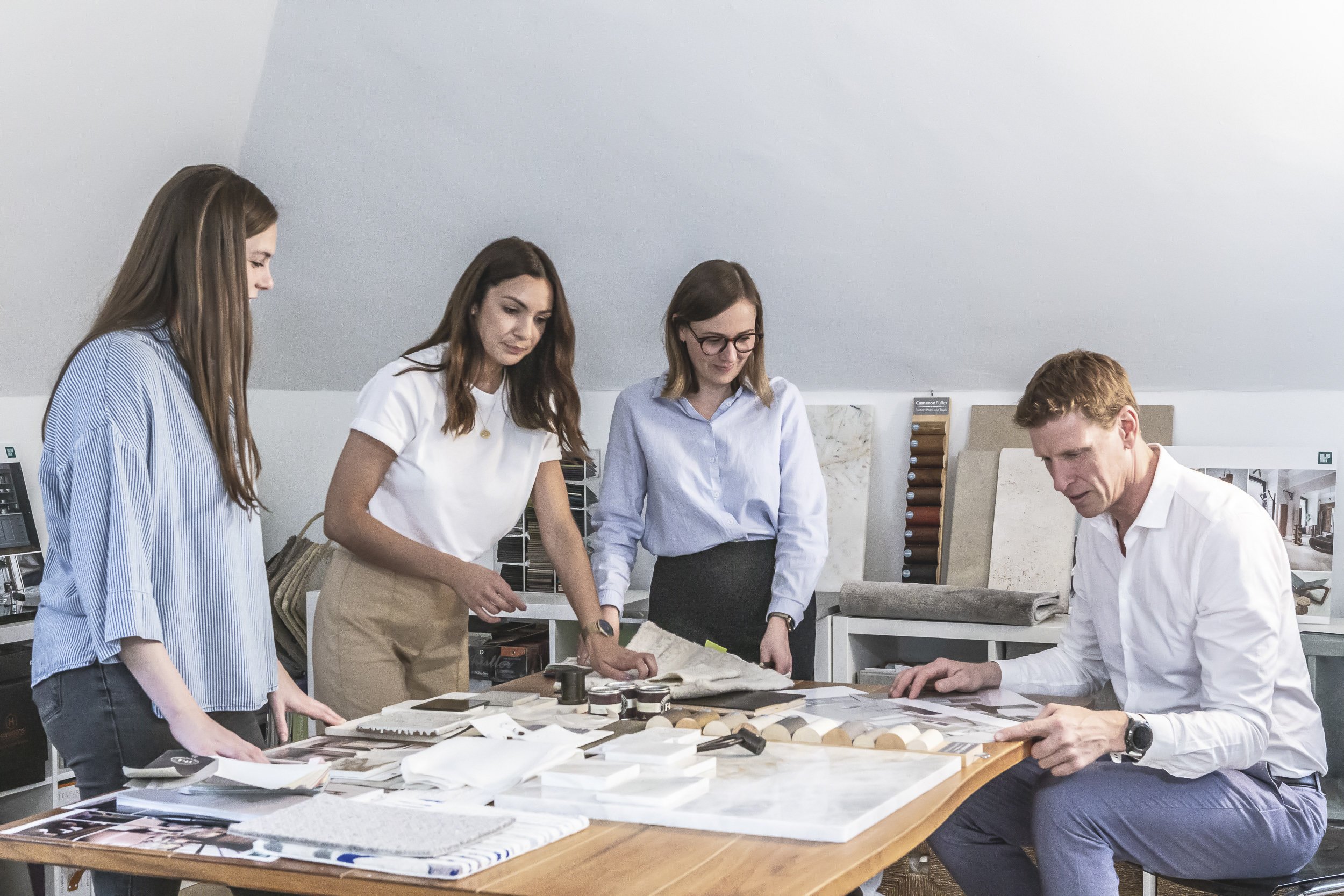
About Us
HollandGreen are uniquely placed as a Design Studio, combining architecture, interior design and landscape design to craft holistically designed homes and gardens that reflect our clients’ personalities and lifestyles.
We work on a range of award-winning renovation and new build projects across the Cotswolds, London, Surrey, Oxfordshire, Buckinghamshire and Berkshire, as well as internationally.
Find out more about our design services, or get in touch for an initial conversation.
Or, read more from Christopher Cooke on our Practice’s approach to Interior Design.